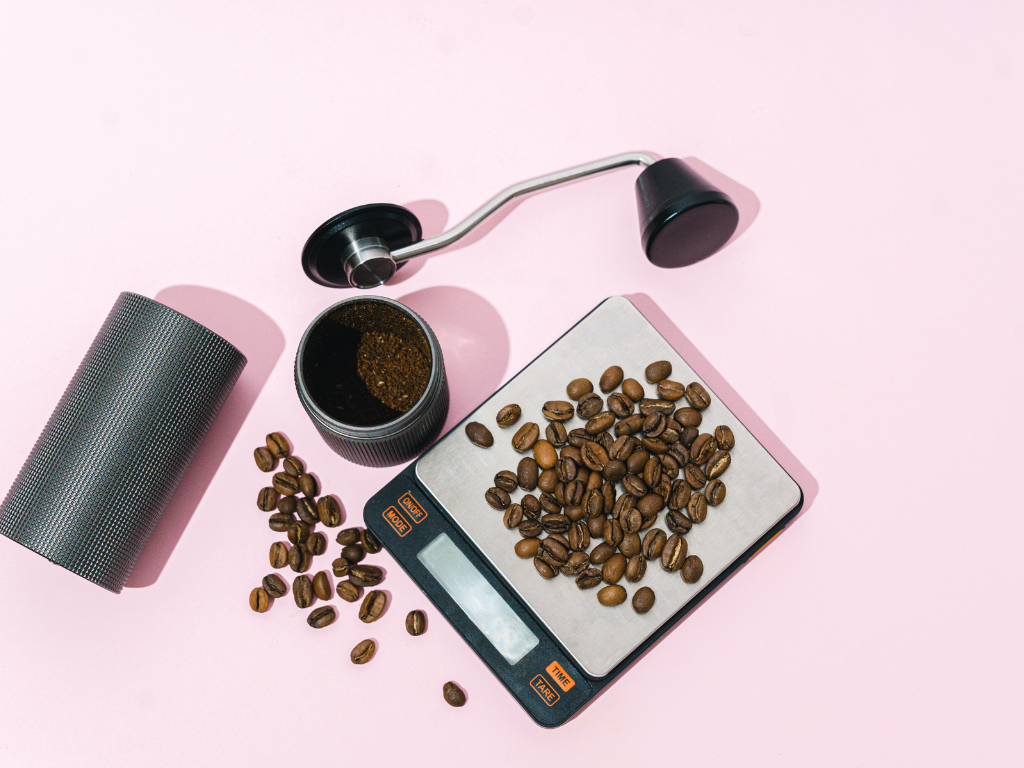Coffee isn’t just a morning ritual—it’s one of the most researched natural substances when it comes to metabolism and fat loss. For many people looking to shed weight, caffeine is more than just an energy booster—it’s seen as a potential ally in their fitness journey.
But can coffee really help you burn fat, or is that just another overhyped claim? In this article, we’ll break down the science behind coffee, metabolism, appetite control, and weight loss. You’ll also learn which types of coffee support your goals—and which ones could be sabotaging them.
How Caffeine Affects Metabolism
Caffeine, the active stimulant in coffee, affects the central nervous system and has a range of effects on your body that can support fat burning.
Increased Resting Metabolic Rate (RMR)
Studies show that caffeine can increase your resting metabolic rate by 3 to 11 percent. This means you burn more calories at rest, particularly shortly after caffeine consumption.
Stimulates Thermogenesis
Caffeine promotes thermogenesis—a process where your body generates heat and energy by burning calories. Though not dramatic on its own, it adds to your daily caloric expenditure.
Enhances Physical Performance
Caffeine stimulates the release of adrenaline, preparing your body for action. It allows you to train harder and longer, leading to better workouts and increased calorie burn.
Does Coffee Reduce Appetite?
Caffeine can suppress appetite for a short period, especially when consumed without added sugar or cream. It may reduce the hunger hormone ghrelin, helping to delay eating.
However, this effect varies from person to person and may decrease with regular caffeine use as your body adapts.
Best and Worst Coffee Options for Weight Loss
The way you drink your coffee matters. Black coffee is virtually calorie-free, but when it’s loaded with sugar, milk, or syrup, it can quickly become a high-calorie dessert in a cup.
Best choices:
- Black coffee
- Cold brew without sweeteners
- Espresso shots
- Americano
Worst choices:
- Sweetened lattes and mochas
- Frappuccinos and blended drinks
- Coffee with flavored syrups and whipped cream
- High-calorie bulletproof-style drinks (unless used intentionally in low-carb diets)
When to Drink Coffee for Fat Loss
Timing can make a difference in how effective coffee is for weight loss.
Morning (after waking)
Coffee can help extend the overnight fast and support morning alertness. It may also help reduce hunger until your first meal.
Before workouts
Drinking coffee 30 to 45 minutes before exercise can improve endurance, focus, and fat burning during training.
When to avoid
Avoid coffee late in the day, as it can interfere with sleep, which is essential for fat loss and hormone regulation.
Coffee and Intermittent Fasting
Black coffee is commonly used during intermittent fasting windows because it contains virtually no calories and supports fat metabolism. It also helps reduce hunger and boost energy while maintaining a fasted state.
Just be sure to avoid adding sugar, milk, or cream if you’re trying to stay in a fasted metabolic zone.
Can Coffee Alone Help You Lose Weight?
Coffee can support fat loss, but it’s not a magic solution. It should be used alongside:
- A calorie-controlled, nutrient-rich diet
- Consistent physical activity
- Proper hydration
- Good sleep and stress management
Also, your body can build a tolerance to caffeine, which reduces its effects. That’s why some people take occasional caffeine breaks to reset sensitivity.
Mistakes to Avoid
Overdoing Calories
A coffee drink with added sugar, milk, or syrup can contain 300 to 500 calories or more—enough to cancel out your calorie deficit for the day.
Disrupted Sleep
Drinking coffee in the afternoon or evening can affect your sleep, which is critical for fat loss. Try to stop caffeine intake at least six hours before bedtime.
Relying Only on Coffee
Caffeine is a support tool—not a replacement for healthy eating and exercise.
Drinking Coffee on an Empty Stomach
Some people may experience acid reflux or anxiety. If that’s the case, try eating a small amount of food first or drink coffee later in the morning.
Best Types of Coffee for Weight Loss
Here’s a quick comparison of some of the best options for fat loss support:
Black Coffee
0–5 calories. Pure and simple.
Cold Brew
0–10 calories. Smooth taste, higher caffeine content.
Espresso
1–3 calories. Strong and effective in small amounts.
Americano
5–10 calories. Light, hydrating, and easy to digest.
Green Coffee
0–5 calories. Made from unroasted beans; contains antioxidants.
Final Thoughts
Coffee can be a helpful part of a weight loss plan when used the right way. It boosts metabolism, enhances workouts, supports fat burning, and helps curb appetite.
To get the most benefit, stick to plain or minimally modified coffee, avoid sugary add-ons, and don’t let caffeine interfere with your sleep or overall wellness. When paired with a balanced diet and regular activity, coffee can be a powerful ally on your journey toward better health.
